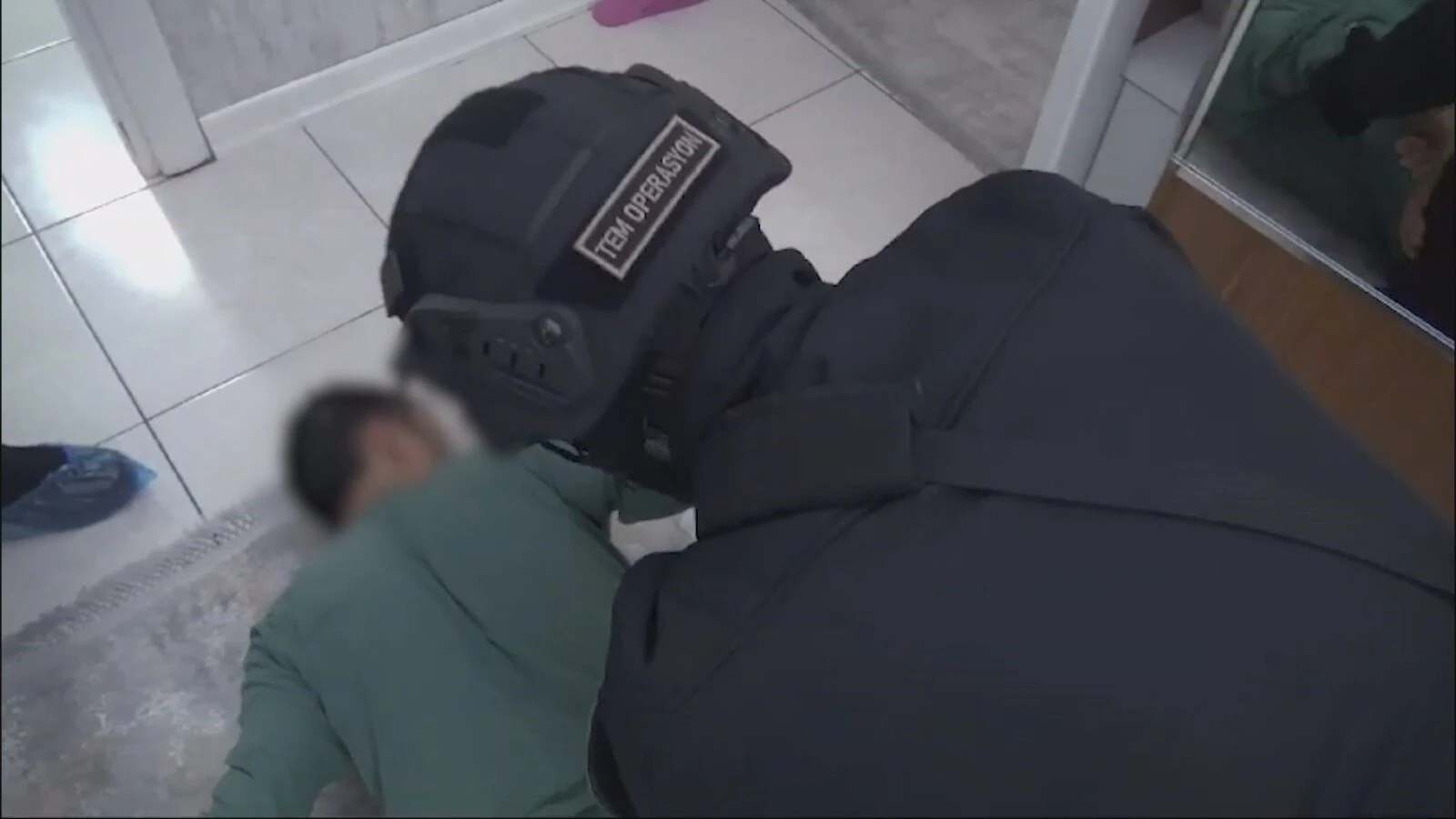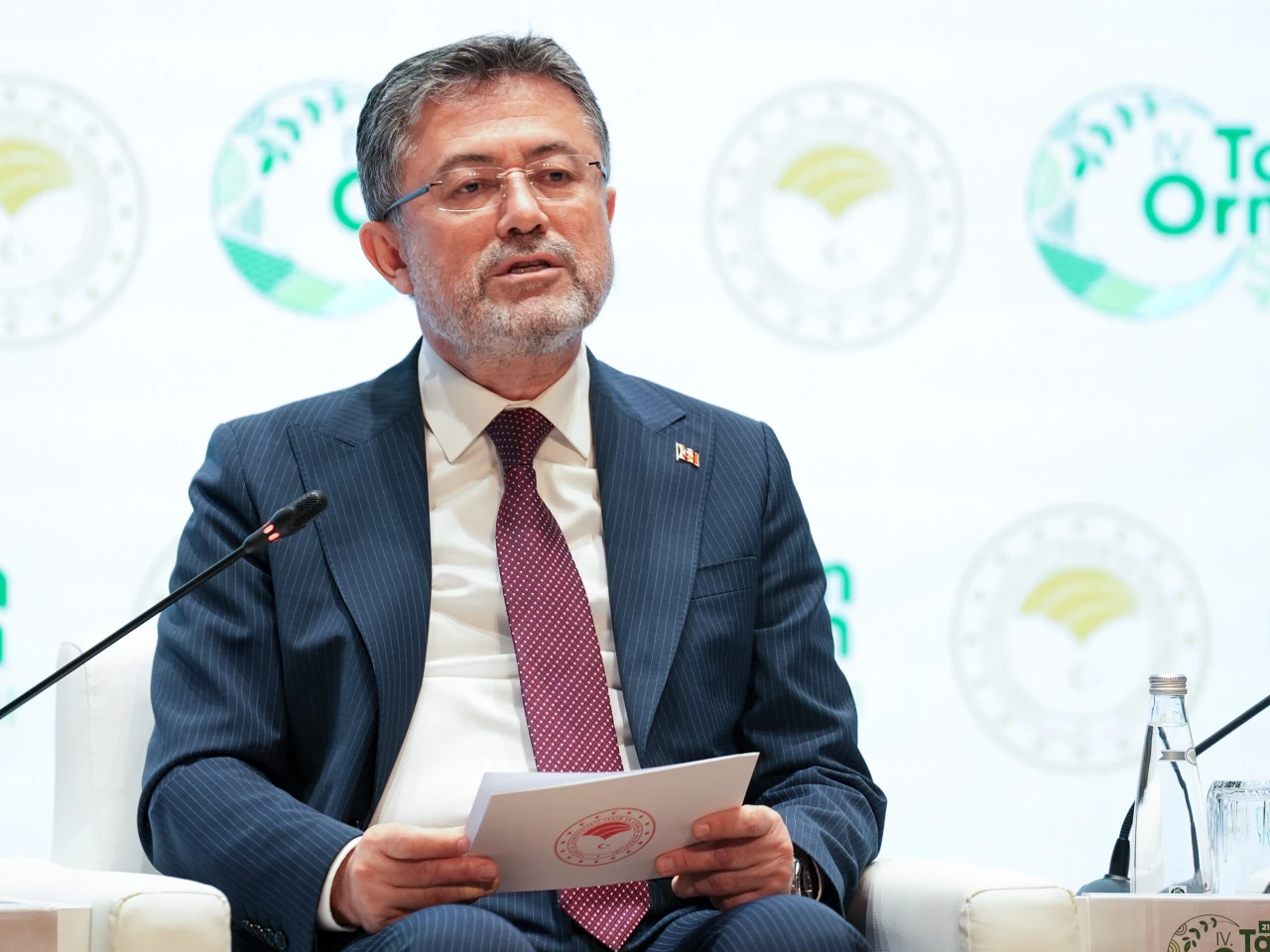Türkiye uncovers FETO’s secret messaging, foreign funding network
 Terrorist group FETO ringleader Fetullah Gulen, created on October 21, 2024 in Ankara, Türkiye. (Collage by Mehmet Akbas/Türkiye Today)
Terrorist group FETO ringleader Fetullah Gulen, created on October 21, 2024 in Ankara, Türkiye. (Collage by Mehmet Akbas/Türkiye Today)
Turkish authorities have uncovered new methods used by the Gulenist Terror Group (FETO) for covert communication and foreign financial support, according to findings from a recent Istanbul-based counterterrorism operation.
As part of a probe led by the Istanbul Chief Public Prosecutor’s Office, police examined digital materials seized during a coordinated operation on April 11.
Investigators discovered that FETO members disguised the “Signal” messaging app—commonly used for encrypted conversations—by renaming and rebranding it as a “weather” app on mobile phones to avoid detection in the event of device confiscation.
Messages within the app were configured to auto-delete at set intervals and required a password to access, further complicating surveillance efforts.
Foreign donations sent to families of imprisoned FETO members
The investigation also uncovered that funds collected abroad were funneled to the families of individuals imprisoned in Türkiye for FETO membership or attempting to overthrow the constitutional order.
Transfers were reportedly coordinated by senior operatives within the organization.
Authorities believe that these financial flows were strategically aimed at maintaining morale within the group and preventing internal fractures by distributing money based on rank and sentencing severity.
Coded marriages and covert meetings
The operation revealed that so-called FETO “responsibles” matched individuals for marriage based on education and ideology to reinforce loyalty and secrecy within the network.
Positive matches were facilitated through face-to-face meetings.
Additionally, suspects were found to be organizing religious and social gatherings to boost group cohesion, as well as aiding fugitives in escaping abroad.
Communications between suspects showed references to FETO ringleader Fetullah Gulen as a “martyr,” with pledges to continue activities based on his legacy.
Gulen had been living in the U.S. state of Pennsylvania. Turkish leaders had long sought his extradition, but U.S. judicial officials did not approve it. He orchestrated the defeated coup of July 15, 2016, in Türkiye in which 252 people were killed and 2,734 wounded.
Ankara also accuses FETO of being behind a long-running campaign to overthrow the state through the infiltration of Turkish institutions, particularly the military, police and judiciary.

Company investigated for organizational ties
The investigation extended to a company in Istanbul suspected of operating under FETO influence. Authorities noted that individuals with prior legal actions, dismissals, or prison records linked to the group were employed there.
Social Security Institution (SSI) records confirmed ongoing employment for individuals who had left Türkiye illegally, allegedly with the aim of securing pensions through fraudulent contributions.
It was found that employment decisions were made based not on merit, but on organizational hierarchy.
Ownership changes at the company followed internal orders, with no monetary transactions between owners during transfers—an indication of its role as a front.

Nationwide operation and seizures
Following technical surveillance, Financial Crimes Investigation Board (MASAK) financial reports, and phone records, authorities launched simultaneous raids at 49 locations across Istanbul, Ankara, Yozgat, and Gumushane.
A total of 41 suspects were identified and 36 were detained.
Of those arrested, 20 were formally imprisoned pending trial, while 16 were released under judicial supervision.
During searches, authorities confiscated:
- €27,440
- $128,629
- ₺452,522
- Gold valued at approximately ₺826,413
The total value of assets seized was estimated at ₺7.4 million ($193K), including banned publications, gift cards, and digital devices containing further evidence.



